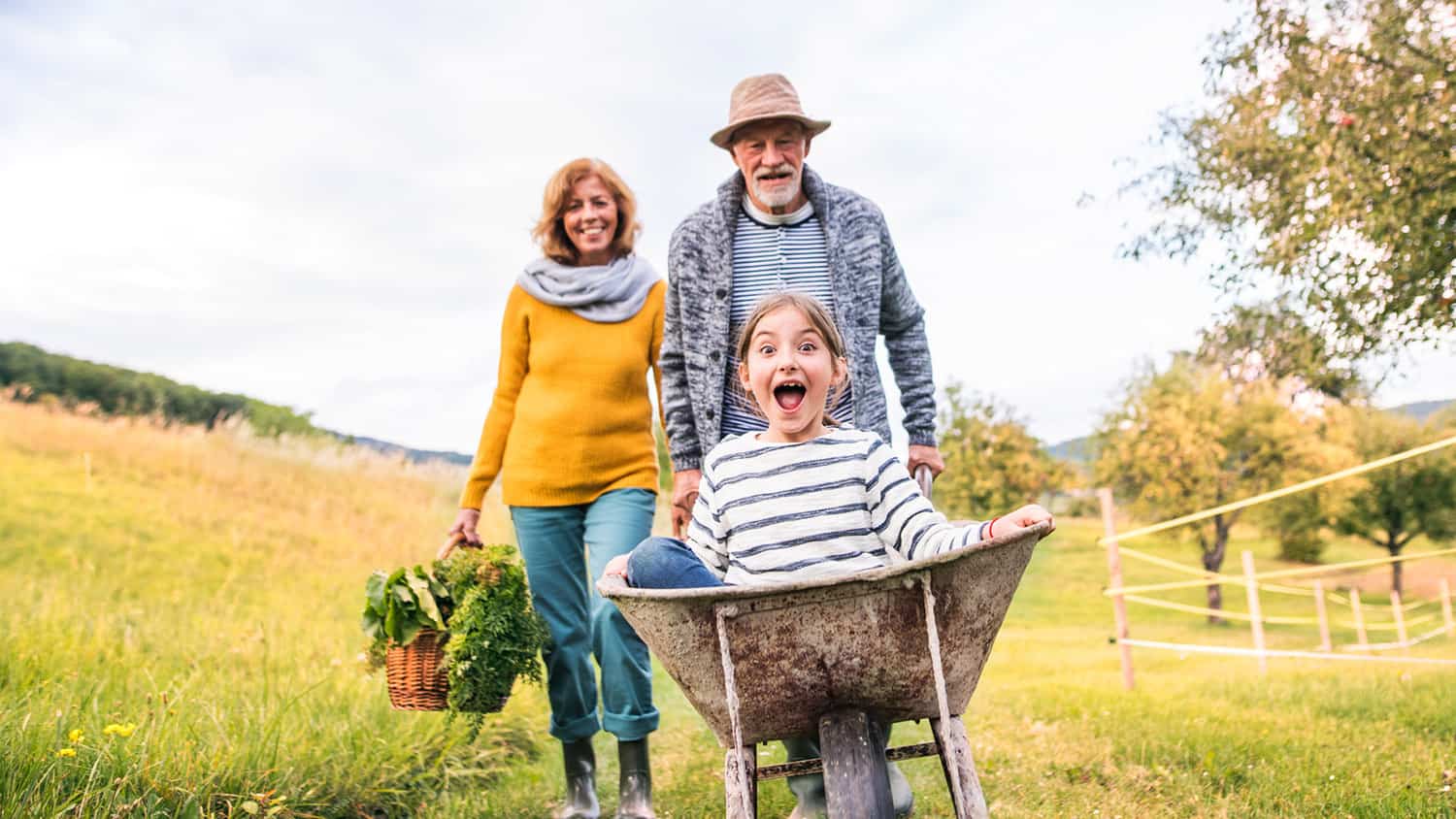
6 Reasons Why Reducing Our Waste Is Crucial for Our Grandchildren’s Future
If you’re worried about the world your children and grandchildren will inherit, you’re not alone. Global warming, an ocean with more plastic than fish and toxic air that can cause diseases. These are just a few things that we could pass onto future generations if we’re not careful.
Humanity at large believes that creating a better future stems from education. If we know where the issues come from, then we can make the right changes to help improve our world.
That’s why, in this article, we’ll shine light on the current situation and how we can leave a positive legacy for our future generations.
What’s Wrong with the World Today?
Here’s the problem: plastic doesn’t biodegrade and only 9% is recycled. This means that every single piece of plastic that has ever been produced still exists in our world today. And where does this plastic go, if it’s not recycled?
The only three places that plastic can end up are the oceans, landfills or incarnated in the air.
Each of these destinations can cause a damaging impact on our world and health. Here are the six reasons why reducing our waste is so important for our future generations’ world:
Reducing Waste Protects Our Oceans
Every minute of the year, truckloads of plastic are dumped into our oceans. And this doesn’t just come from waste near the coastline. Your waste can end up in the ocean no matter where you are.
Rubbish can be blown away while being transported to landfills, and if it ends up in our drains, this leads to the ocean. If you’ve heard of microplastics (the smaller pieces of plastic which are broken down from bigger pieces), these also enter our drains which again, end up in our sea.
That’s why it’s been said that there is more microplastic in the ocean than there are stars in the Milky Way and that by 2050, there will be more plastic in our ocean than fish.
This is reason enough to change our behavior. If we want our families to go on vacation to beaches with white sands and aqua sea, we need to reduce our waste.
This Prevents Plastic from Entering Our Food Chain
With more plastic floating in our ocean, there’s no surprise that fish have been shown to mistake it for their own food. This means that fish are ingesting plastic instead of plankton and therefore plastic is entering our food chain.
In fact, according to the University of Plymouth, 70% of all deep-sea fish have been said to have ingested plastic, and ⅓ of all UK-caught fish have been found to contain plastic in their bellies.
So, if you eat fish, there’s a high chance you might consume plastic (along with all the chemicals) too.
Let’s reduce our waste so less enters our ocean and, therefore, our food chain. We don’t choose to eat plastic so let’s keep it that way!
Reducing Our Waste Helps Us – and Our Children – Live a Healthier Life
Plastic poses a serious threat to our personal health and well-being and covering food in plastic wrap can affect our health.
Plastic packaging leaks toxic BPA chemicals into our food, water and home environments. These toxins can cause serious damage, with studies showing severe adverse health outcomes like cancer, birth defects and impaired immunity.
By choosing fresh food instead of pre-made and pre-packaged meals, you’ll reduce the amount of plastic packaging that comes into contact with your food.
And if you want to store pre-made food, choose reusable beeswax wraps instead of plastic wraps to avoid chemicals seeping into yours (or your children’s) food.
We know that packed lunches are a necessity for our kids, or grandkids, but using plastic-free alternatives can have a much better effect on their health.
It Keeps Our Air Clean and Reduces Our Risk of Cancer
Some people believe one answer to reducing the amount of waste in our world is burning it – but, in fact, it can have severe impact on our health.
Burning plastic releases many toxic chemicals into our air. The process produces dioxins and furans which have been shown to disrupt our hormones and even cause cancer. In addition, styrene gas can also be released which impacts our nervous system too.
That’s why we believe in using less plastic – rather than burning what we have. By keeping our air clean, we’ll create a better environment for our family to breathe in – and can help us keep cancer away.
Cutting Back on Unnecessary “Stuff” Helps Slow Down Climate Change
Waste that is stored in landfills releases greenhouse gases in the air that can lead to climate change.
Landfills produce the greenhouse gas, methane, which absorbs the sun’s heat. In fact, over the short term, methane traps 84 times more heat in our atmosphere than carbon dioxide.
So, by sending less waste to landfills we’ll reduce the level of methane that’s produced in our world – which, in turn, will slow down climate change.
It Can Even Save Us Money
Going zero waste can do wonders to your bank account! You can save a huge amount of money buying a lot less ‘stuff’, as you’ll stop spending money on the things you don’t really need.
By no longer buying those unnecessary possessions and opting for reusable and sustainable products, you can live a more simple, minimalist way of living – and save money in the process.
Reducing Your Waste Doesn’t Have to Be Hard
Once you understand what it means to go less-waste and even zero-waste, then it won’t be hard. It’s all about refusing what you don’t need, and reducing, reusing & recycling what you do use. That’s it.
Reducing your waste will help keep our ocean clean, protect our marine life, save animals and slow down climate change.
If we don’t make any changes, and if plastic production continues at the current rate, we can only pray for the world our kids will inherit. If we all make small changes, then together we will make a huge difference.
Let’s Have a Conversation:
What do you do to reduce your waste? Which items to you reuse, and which do you throw away? What steps do you think you can take to lower your waste? Please join the conversation below.
Tags Grandchildren






